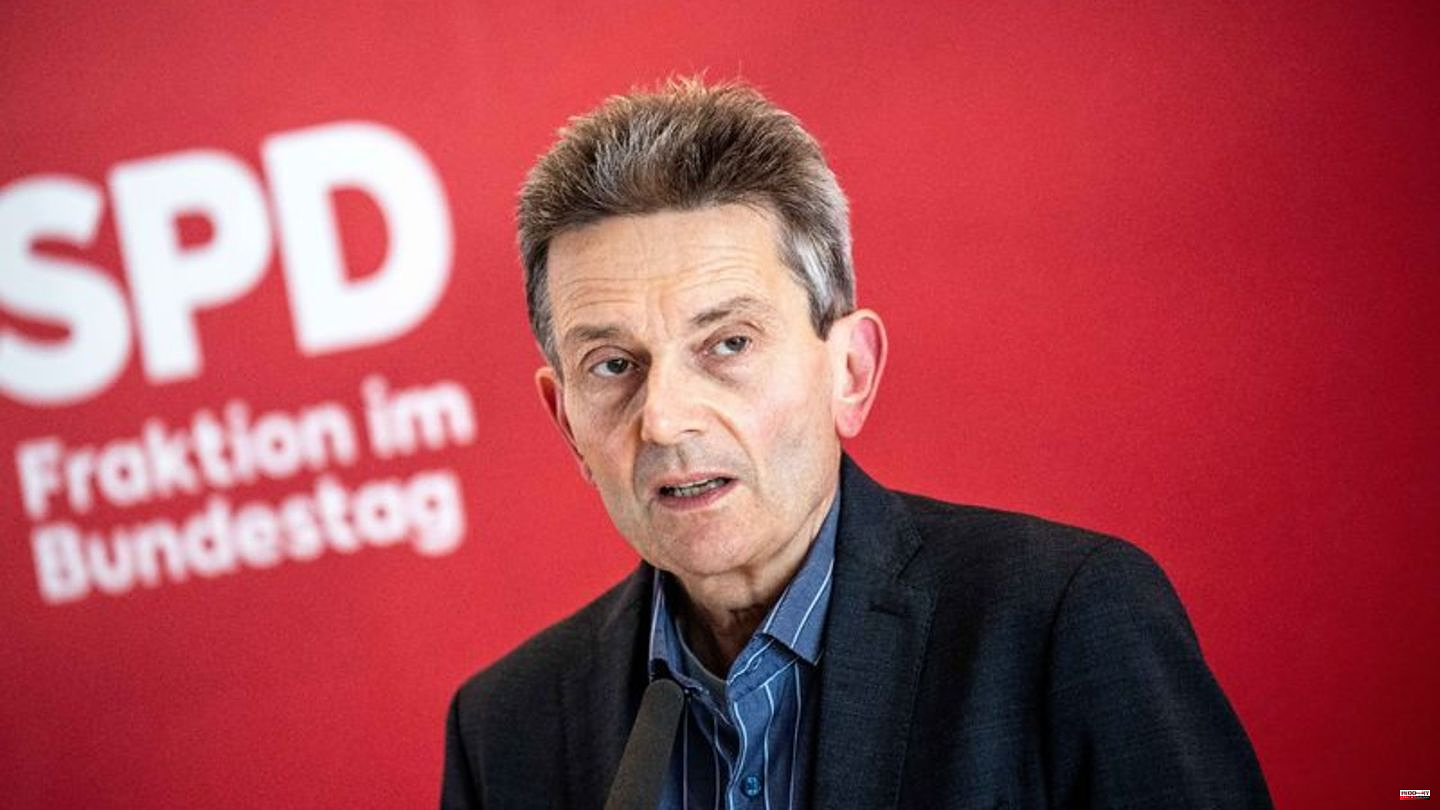In view of the energy crisis, the SPD parliamentary groups at federal and state level are dissatisfied with the implementation of the industrial aid programs by the Federal Ministry of Economics. "We have to be careful that there is no de-industrialization in Germany," warned the chairman of the parliamentary group, Rolf Mützenich, on Wednesday after a two-day retreat of all SPD parliamentary group leaders at federal and state level in Hamburg.
The head of the SPD parliamentary group in the Hamburg Parliament, Dirk Kienscherf, said it was of great concern that the implementation of the five-billion-euro subsidy program was going so slowly, especially for energy-intensive companies. There are already more than 3700 requests for help. "A total of 79 applications have so far been approved at the federal level," complained Kienscherf. Only 9 million euros were paid out.
Recently, due to the high energy prices, companies such as Europe's largest steel group Arcelormittal or the aluminum manufacturer Trimet have had to reduce production or even stop it altogether.
Mützenich conceded that in the past, too, funds to compensate for the corona pandemic, for example, had not flowed in the way that had been imagined. "There are also observers who sometimes think that individual ministries may not see the major challenges that companies face at all."
Criticism of the Federal Ministry of Economics
Mützenich left open what advice he wanted to give Federal Minister of Economics Robert Habeck (Greens) to improve the situation. He only said that among the tips from the constituencies, from craftsmen and larger companies to the SPD parliamentary group, there will hopefully also be some "that will enable him to turn off certain things that are sometimes not going so well in his house".
"I don't want to (...) talk about a deindustrialization policy, but I do want to say that this is a very heavy burden for Hamburg as an industrial location," said Kienscherf. Before sustainable development can be discussed further, the Federal Ministry for Economic Affairs must first help industry to survive in the coming months. "Otherwise we no longer need to talk about a transformation process in Germany," said Kienscherf. Hamburg is one of the major industrial locations in Germany. A good 120,000 people are employed in more than 600 companies.








